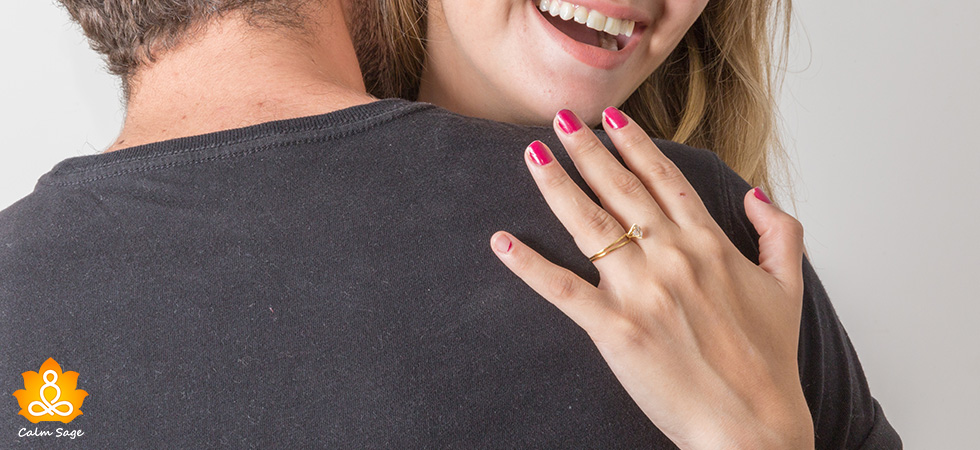What is Clinginess and What One Can Do about It

When a new relationship begins, some keep chasing love, some get exhausted and some get in sync with the flow. When the boat of the relationship is maintained, people actually enjoy spending free moments together. Meanwhile, when things do not go in order, the other partner tries to take space.
Being able to keep our partners happy from day 1 is quite impossible and sometimes we become clingier because of such feelings. Do you also feel like to keep your partner happy you’re also becoming clingy? However, this is not right. In this blog, I have included every question related to clinginess in a relationship. So, let’s get started.
The Reason Behind Becoming Clingy
It is completely okay to be a little caring or wanting to spend more time with the person you love or dating. Things are more exciting when they are new because two people are open to knowing each other and they wish to spend every moment together. Therapists stated that there are various factors or reasons why someone becomes clingier.
The most common reasons are the feeling of insecurity, future related anxiety, or self-doubt. Additionally, lack of confidence also results in clinginess. People who are mostly alone, find comfort in spending time with the person they love (to avoid the feelings of loneliness).
Related: Modern Dating and Relationship Issues
However, there is a difference between being anxiously attached and finding comfort. The question that arises here is, how we can conclude if we are experiencing emotional sensitivity and neediness to rejection.
Below-mentioned are some of the signs to look for:
- Constant feeling of being alone
- No space at all
- Problems in focusing
People who are clingy have extreme actions and thoughts in the perspective of intimacy and love. Simply, they do not want to be rejected or I would say they do not want to let go of a good thing. The mental closeness and physical touch become an obsession for them which results in clinginess. Definitely, it’s not love!
Related: Relationship Anxiety
How to Manage Clingy Behavior:
Below-mentioned are some common ways to self-manage clingy behavior.
1. The first thing you want to do is to find happiness in yourself, not others.
2. Start enjoying your own company
3. Try to develop an interest in the things which attracts your attentions
4. Start setting boundaries for people and try to stick to them with consistency.
5. Try to communicate your insecurities with your partner. (Maybe all problems can be resolved over a small communication and a cup of coffee!)
6. Try to find trust and if you are holding any past experience, try to share it with your partner.
7. Do not try to control situations; try to control your negative emotions (things will fall into an order automatically!)
8. Seek a sense of security from your partner, do not ask for promises.
9. Acknowledge your actions.
10. If you’re not still unable to do it, maybe it’s high time to seek professional advice.
Try To Understand And Acknowledge
We all have needs; we all want to love in the end. Even, Maslow’s hierarchy of needs tells us that love is an essential part of our life. However, being overly needy is not good or our mental health and our relationship.
Herein, talking to a therapist helps in keeping everything in order and helps to manage the clinginess. If your clinginess is turning into anxiety, Calm Sage strongly recommends talking to a therapist. Seeking professional support will make you feel better and you will also get a validation of your feelings and mental health.
If you are struggling with clingy feelings in your relationship and it’s impacting the relationship seriously, opt for couple’s counseling along with a licensed therapist – a convenient and inexpensive way to regain love between you two.
Related: 10 Best Instagram Therapists to follow for a stronger relationship
I hope this blog helps you to understand clinginess and how to manage clinginess. Comment down and share your experiences related to clinginess with us in the comment section below. For more such content, follow Calm Sage on all social media platforms.
Thanks for reading!
More power to you.




















